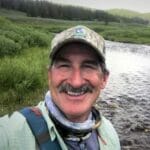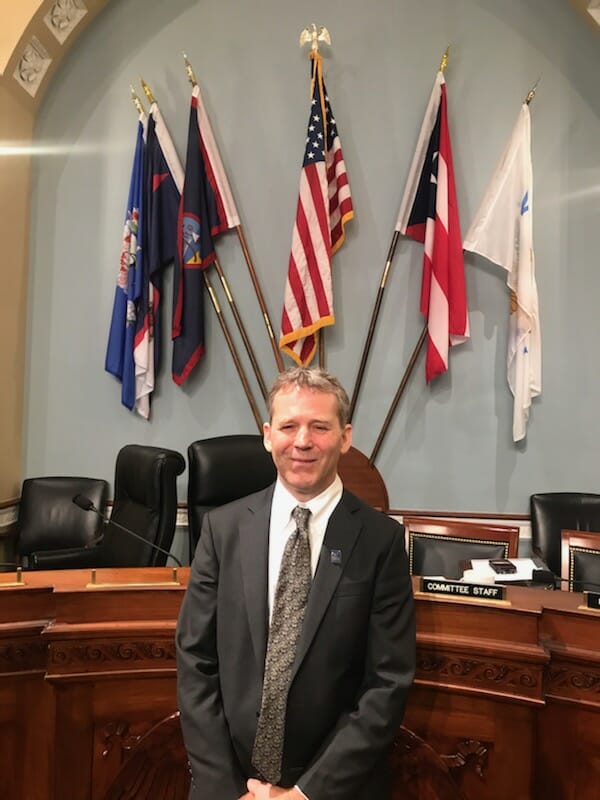Trout Unlimited has many on staff and among its volunteer-members who are expert in policy issues related to trout and salmon conservation. Matt Clifford, attorney for TU’s California Water Project, is one. Clifford testified today at a hearing held by the Water, Oceans and Wildlife Subcommittee of the House Natural resources Committee, in support of H.R. 4723, the Salmon Focused Investments in Sustainable Habitats Act of 2019.
This legislation, known by its acronym (the FISH Act), would identify and invest conservation dollars in “salmon strongholds” along the West Coast, from Alaska to the Mexican border.
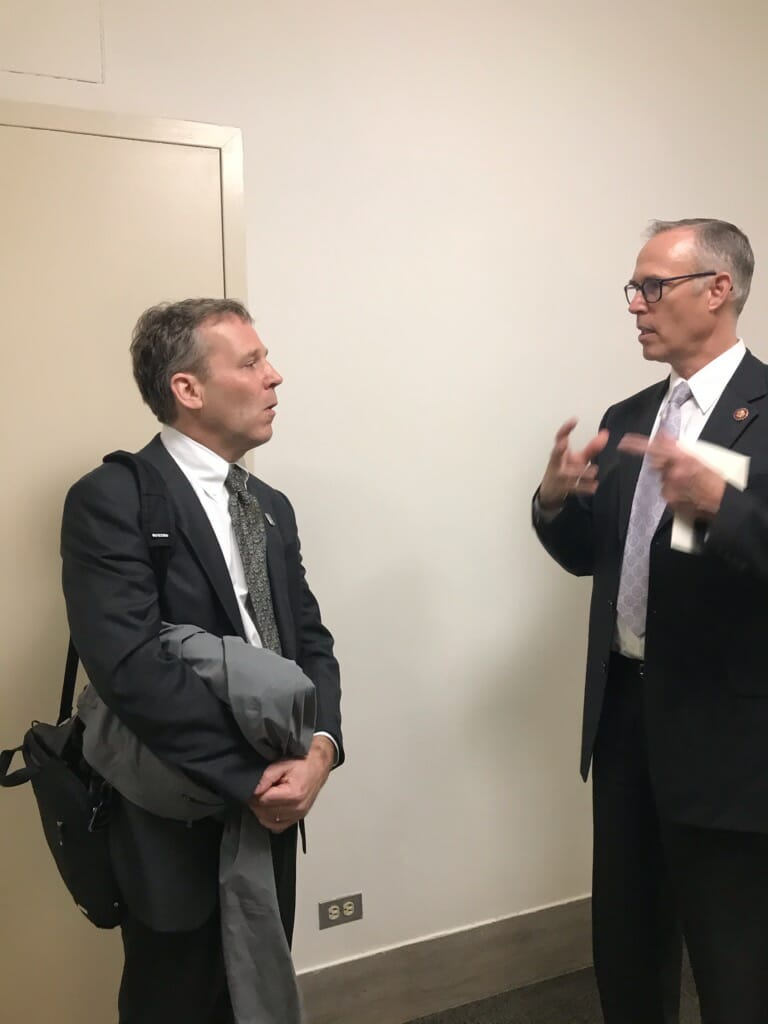
Strongholds—watersheds and other discrete habitat areas that have relatively abundant and diverse populations of wildlife—are a familiar and important concept in conservation biology. Restoration dollars tend to be steered toward “hotspot” watersheds where habitat is already degraded and fish populations are on the brink. But we can’t meet recovery goals for salmon and steelhead by focusing all our efforts on such areas.
Rather, we must also invest in those watersheds that still support healthy runs of fish. By doing so, we can keep these areas from becoming the next hotspots and also provide a solid base to help re-populate nearby watersheds as they return to health.
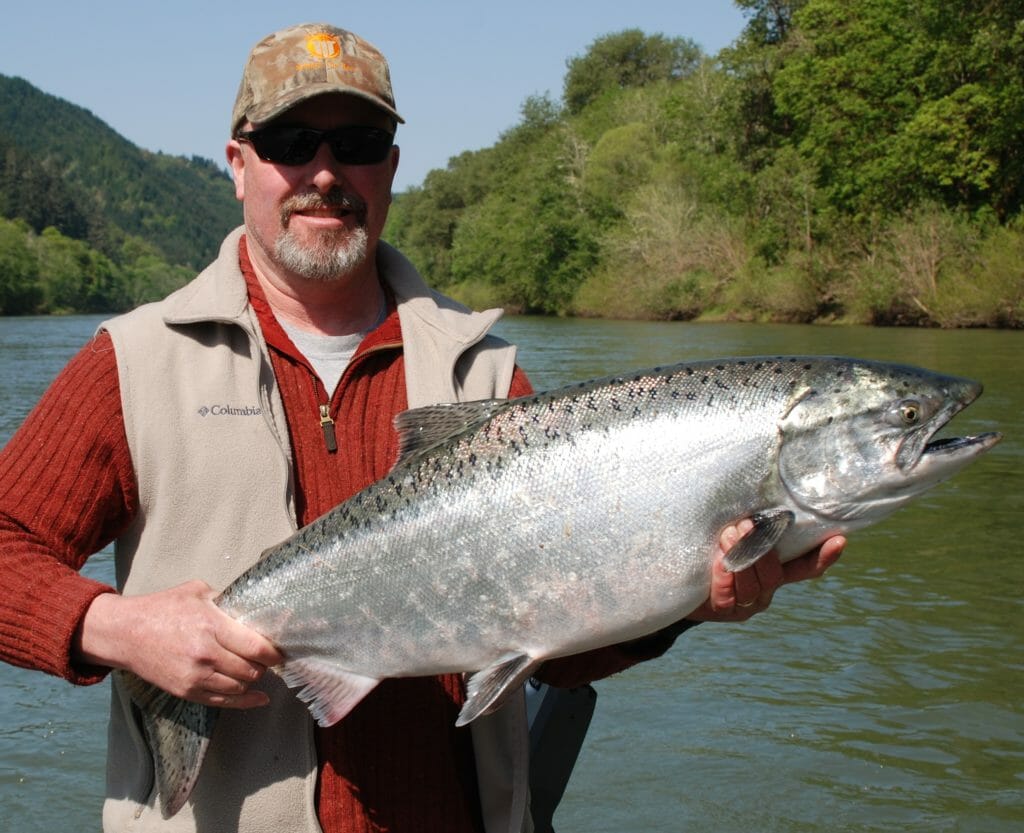
Watersheds such as California’s Eel River, Oregon’s Umpqua River, Washington’s Hoh and Sol Duc Rivers, and Alaska’s Tongass 77 areas and Nushagak River could be candidates for the targeted identification, planning, and funding proscribed by the bill for our last, best habitats for wild salmon and steelhead.
Clifford testified that with respect to HR 4723, “we see much that we like,” while offering suggestions for how to strengthen some aspects of the legislation. You can download and read Clifford’s testimony by clicking the “Download” tab below.
Some of the bill’s provisions that TU supports include a scientific process to identify salmon strongholds as a guide for conservation investments and to planning and other decision-making, as well as the proposed grant program to invest in salmon strongholds, with the National Fish and Wildlife Foundation (NFWF) pegged to administer it.
An ancillary benefit is that as strongholds are identified, other investments will probably follow as state agencies or other federal agencies adapt their grant programs to invest in high-return areas.
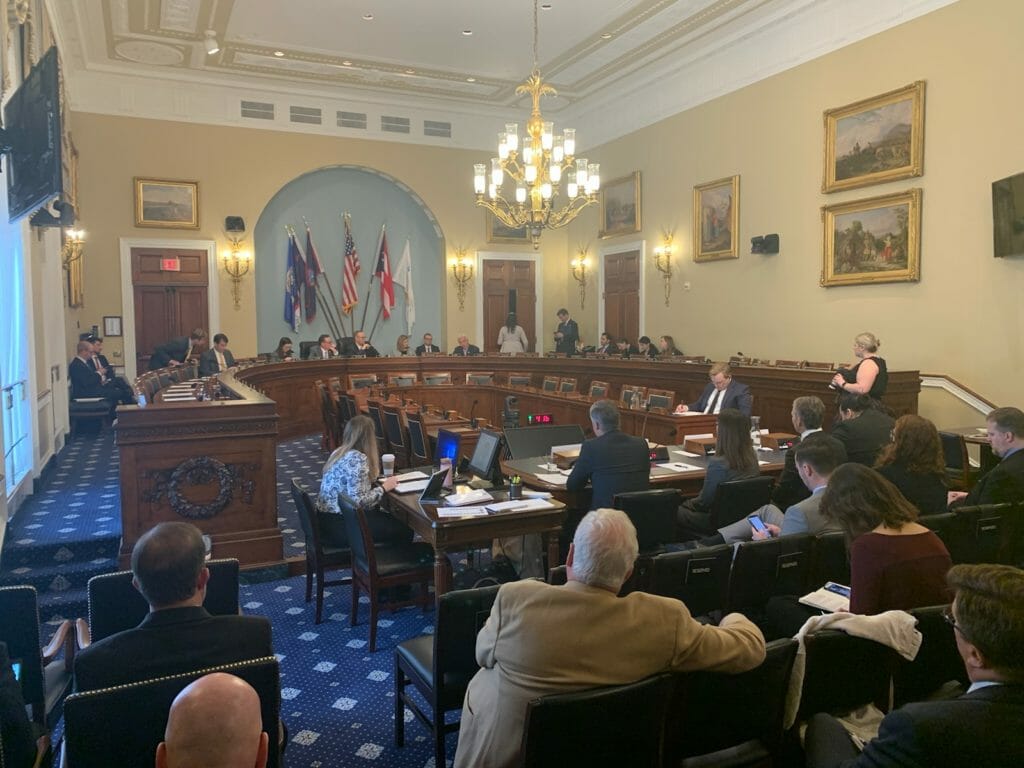
Clifford also testified that ways to make the bill stronger include utilizing both broad and narrow criteria for designating habitat areas for focus in conservation investments and resource planning; further elaboration of the two tier designation system (“Salmon Strongholds” and “Salmon Conservation Areas”) to support recognition and creation of regionally significant steelhead habitats; and ensuring “a robust and transparent public process” in the selection of designated strongholds.
The FISH Act also creates a helpful measure to address threats from mining in British Columbia along rivers flowing into southeast Alaska, Washington and Montana. If passed, the bill would create a process to formerly consult on such issues with Canada, as well as trigger a referral to the International Joint Commission if any salmon conservation area is negatively impacted by pollution originating in upstream Canadian waters.
Rep. Jared Huffman of California, current chair of the Water, Oceans and Wildlife Subcommittee and author of the FISH Act, is a dedicated angler and conservationist who has authored or co-sponsored other legislation— strongly supported by TU and other sporting groups and businesses—to better protect and restore coldwater fisheries, including the Northwest California Wilderness, Recreation and Working Forests Act.
Click here to watch the video recording of the subcommittee hearing.


